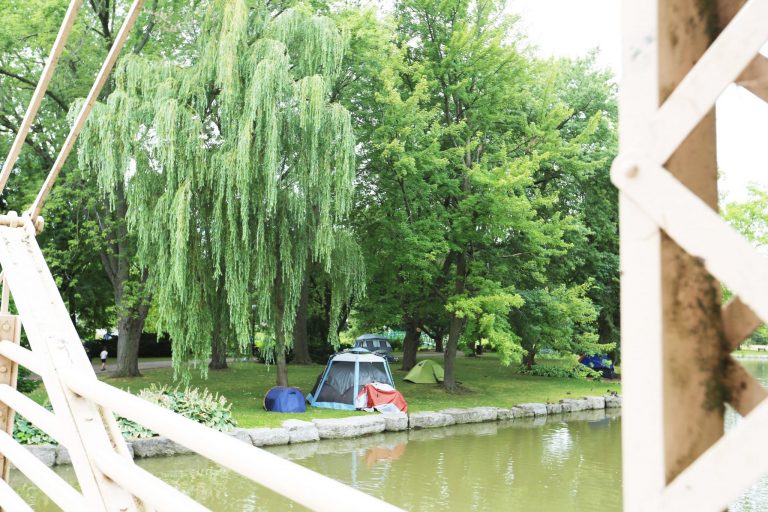Project Willow is an initiative by the Young Women’s Christian Association Kitchener Waterloo (YWCA), Community Justice Initiatives (CJI) and Coalition of Muslim Women (CMW) that works toward changing systems based on the experiences of gender-based violence (GBV) and the experience of homelessness due to gender-based violence experienced among immigrant women.
This project is run by the Feminist Shift. They surveyed over 60 women through surveys and interviews to gain knowledge of what their needs are.
Events and initiatives of this project are overseen by their guiding agencies.
This committee is comprised of researchers, academics, non-profit leaders, administrators and care staff from several different organizations.
Racheal Walser, advocacy coordinator at the YWKW, said the report also includes the experiences of trans, Two-Spirit and nonbinary people experiencing gender-based violence.
“Project Willow is the only research report in the region that speaks directly to the experience of people who identify as trans or non-binary individuals who are accessing the YW emergency shelters during the height of [COVID-19] in 2020,” Welser said.
“Our goal in this is to educate you about women’s homelessness is tied inherently to their experience of gender-based violence because without a door to walk, that violence follows you,” they said.
Project Willow advocates for changes in the systems of marginalized folks who are escaping GBV need to survive. The project is guided by the voices of those with living experience and includes social research, listening sessions, design, and change labs, and the development of a five-year community safety and restorative justice plan. The plan is set to launch in 2024.
Often men and women accessing meal programs must use the same ones. They may have to be in the smae space while eating because they have nowhere else to go.
“The same [goes] for women who are fleeing abusers or fleeing multiple abusers is often the case in homelessness…. when we were talking about COVID-19 pandemic, where we really saw it showing up and how it impacted people with some safety rituals,” Walser said.
The pandemic highlighted these shortcomings since people had nowhere else to go but the services.
“The unfortunate reality of that is, what it serves to do is to increase the isolation just like anybody experienced when we started talking to our clients about their experiences of safety,” Walser said.
Jennifer Gordon, co-founder of Project Willow, was also involved in doing the interviews.
“It was a real priority to us to capture the voices of these women knowing that for years and for some of them for decades, they had been sharing their stories in hopes of getting help, but the system just is not built to this system is not working to get them help,” Walser said.
The second phase of research will explore the experiences of racialized Muslim women in domestic violence situations and will be conducted by the CMW.
Through their research program Project Willow is able to focus on how gender-based violence victims and temporary homelessness intersect. The second phase of research began in the fall of 2022. It examined the experiences of racialized Muslim women in domestic violence situations.
Disclaimer: Racheal Walser is a volunteer with TCE. None of their work for TCE is related to Project Willow.

